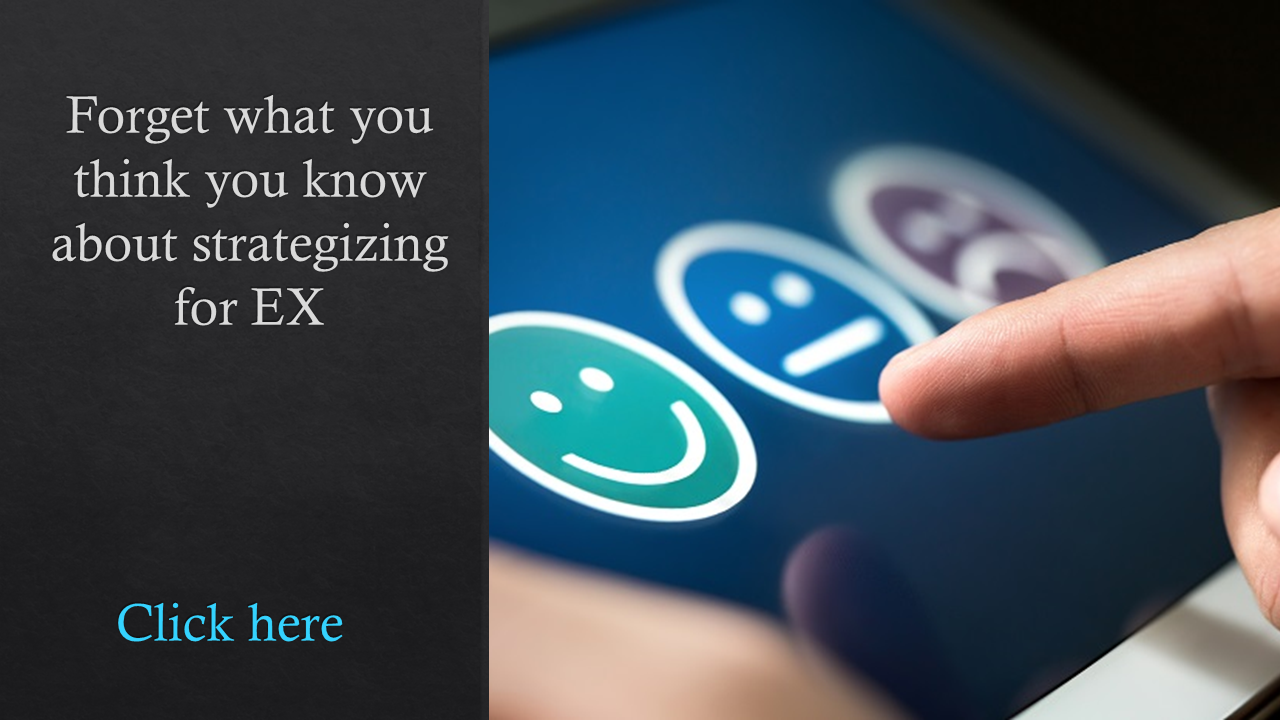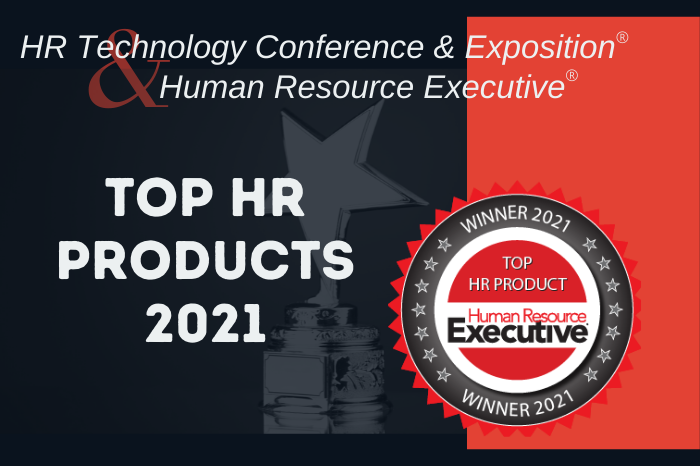Every day, I hear from leaders about the extraordinary challenges they’re facing now: pandemic waves, wildfires and floods, uncertainty about how to keep employees as safe as possible. So many feel the weight of supporting people who are struggling to take care of their families and their health while also looking for purpose and meaning amid chaotic conditions. Many of these employees are understandably looking for empathy since we are leading in an uncertain environment without a playbook. Prior experience may not give us the tools and agility we need to pivot as fast as circumstances are shifting.
And yet, despite these challenges, leaders are finding creative ways to move business forward, build resiliency, work in new ways, and provide hope and opportunities for their employees and teams. Many are realizing that, while the first phase of the global pandemic delivered digital advances at lightning speed, this current phase will be marked by social innovation and reimagining how we work and which roles everyone will play.
Coping with anxiety like a pro
In these challenging times, I am inspired by several thought leaders with simple, clear approaches to social innovation. I recently had the opportunity to hear from Michael Gervais, Ph.D., founder of Finding Mastery Inc. He’s a high-performance psychologist who helps everyday people glean insights from individuals who function in extreme conditions (such as Olympic athletes). When he talked about the “science of recovery,” his words really resonated.
See also: Burnout is soaring. Here are 7 ways HR can help
Gervais took us back to the basics by sharing four core foundations every human needs: to think well, move well, eat and drink well, and sleep well. From there, he built on how we can train and develop our mental skills in the practice of “thinking well,” including building calm, confidence, focus and trust. At the end of the talk, all of us in attendance had taken deep breaths, thought through the simple things we could change immediately for ourselves, explored how we could help others address their anxiety and considered how to put self-recovery plans in place.
Measuring what matters
 I am also inspired by the new frameworks, approaches and social innovations emerging in how businesses operate. The increasing importance of transparency and focus are seen in new collaborations and the elevation of basic ESG principles: the environment, society and responsible governance. For example, the World Economic Forum has called for common metrics on “Sustainable Value Creation” and transparency on key measures including plant, people, prosperity and the principles of governance.
I am also inspired by the new frameworks, approaches and social innovations emerging in how businesses operate. The increasing importance of transparency and focus are seen in new collaborations and the elevation of basic ESG principles: the environment, society and responsible governance. For example, the World Economic Forum has called for common metrics on “Sustainable Value Creation” and transparency on key measures including plant, people, prosperity and the principles of governance.
The World Economic Forum’s report recommends gathering people metrics on dignity and equality, health and wellbeing, and skills for the future. Many leaders I talk with applaud the comprehensive nature of the suggestions but are asking for help with taking action to generate positive outcomes.
Partnering with boards
Especially given this call to govern responsibly, the roles of boards of directors, the C-suite and HR leaders have never been more important. Working together, we can leverage our respective experience and perspective to harness new approaches.
Last year, I was involved in research looking at characteristics of boards that govern organizations with better performance in innovation and revenue. Our analysis identified what we coined “modern boards”: stewards of companies that are up to 1.5 times more innovative and experienced revenue growth 10% higher than their peers. A key quality that made them unique was their deep focus and involvement in workforce strategy.
Read more columns from Eva Sage-Gavin here.
Modern boards understand the need to build resilience, and they hold leadership accountable for shaping a workforce strategy that will help guide the business through volatility, uncertainty and complexity. They’re sensors who absorb information from within the organization and outside of it. Modern boards are advocates of using data to see what’s coming around the corner so companies can realign priorities quickly. They’re elevating topics like health, inclusion and skills and are expecting our leaders to do the same. Their human judgment and experience, combined with tools like artificial intelligence, can lead to breakthroughs, even when the business landscape remains chaotic.
And what can we as HR leaders bring to boards to leverage the best of their insights and our own leadership capabilities to navigate the uncertain future ahead? We can leverage–and model–these five characteristics of modern boards:
- Mindset: Share accountability that we are all responsible for our workforce, not solely HR
- Mission: Responsive to social issues that have an impact on the workforce
- Metrics: Transparency of people metrics that inform and are central to business decisions
- Muscle: Skill leaders who can execute modern workforce strategies amidst constant volatility
- Makeup: Incorporate diverse, inclusive input at every level for informed stakeholder decisions
A common mission that unites the board, the C-suite and HR leaders is a focus on putting people first. When everything is uncertain, truly caring for people and reimagining the reality of their experience can give them the tools to be more resilient and put the basics of recovery in place for themselves, their families and our teams.
When I think ahead to the future, I keep wondering how we may remember our leadership in these crucible times. What I hope is that we live up to a quote from American poet Maya Angelou: “People will forget what you said, forget what you did, but people will never forget how you made them feel.”



